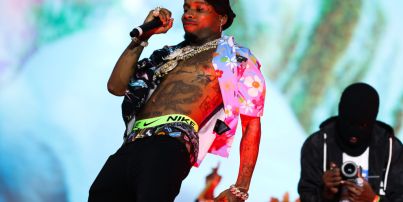Copyright law is the normal topic claimed by record labels and music publishers when making arguments against services such as Pandora, or when launching lawsuits against other artists they've claimed are ripping off another song that's part of their catalog. So it stands to reason that copyright is a fairly large part of musician earnings, right? Wrong, says Peter DiCola, who just completed a study on the subject for Northwestern University's School of Law.
The first of the study's big donut-graphs indicates how much of a typical musician's revenue stream is affected by by copyright law. Twelve percent is directly affected, 10 percent is "mixed," and 78 percent isn't affected at all.
Those numbers are based on a second pie graph, indicating the revenue streams of 5,000 musicians polled as part of the study. That graph shows, unsurprisingly, that the largest portion of musician earnings are from live gigs (28 percent). Teaching place second with 22 percent, salary 19 percent, and session work 19 percent. Songwriting/composing fees and recording earnings-the two categories most tied into copyright-bring in 6 percent each.
Obviously, the high percentage represented by education and salary (as part of an ensemble, or possibly symphony) indicate that this study doesn't deal strictly with pop musicians, but DiCola's seen enough to testify that copyright law doesn't affect musicians very much at all.
"A hypothetical boost in revenue from more effective enforcement would only increase the average musician's total revenue by a small amount today, in the short term," he said. "Stronger copyright might provide them incentives to move up the income ladder in a winner-take-all kind of market. But it will not put more money in their pocket today; for the hypothetical legislation to help them in the future, they must get rich first."
The study essentially restates what all recording musicians already know: The music industry isn't looking out for them when it complains about copyright infractions.
© 2025 MusicTimes.com All rights reserved. Do not reproduce without permission.







